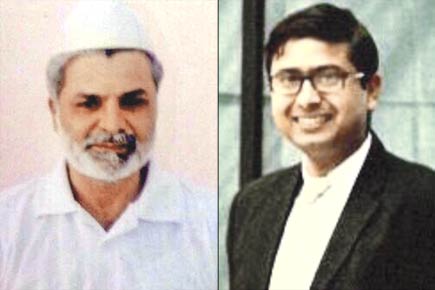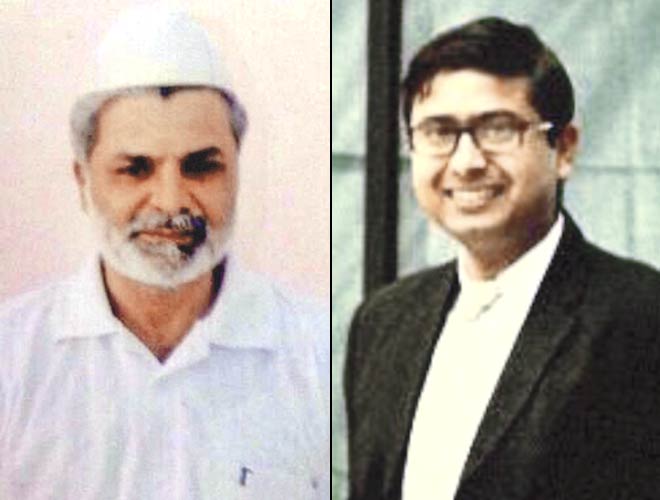Advocate Rishabh Sancheti, who along with four other lawyers petitioned SC to save Yakub Memon from the noose, says the early morning hearing signifies that the Indian justice system is alive and functional

Behind the unprecedented pre-dawn hearing for a petition to save ’93 blasts convict Yakub Memon from the noose was a team of advocates in Delhi who were testing to see if the Indian judicial system could uphold the rights of a death row prisoner, as is granted by the Constitution of India.
ADVERTISEMENT
Also read: Yakub Memon hanged to death in Nagpur, buried in Mumbai

Yakub Memon and Advocate Rishabh Sancheti
While Memon couldn’t be saved, the events that unfolded in the dead of night, the team said, signified that India’s justice system could still protect the rights of a death row convict until the very last second of his life.
Yakub Memon's execution: Timeline of events since 1993 Mumbai blasts

Supreme Court
A team of five advocates worked on the final plea of the terror convict, all of whom got together in a tiny room in the apex court on Wednesday to draft the petition without asking, “What is in it for us?” The team included top-notch lawyers from the Capital, who came together, pro bono, for the case.
None of them had any connection to Memon’s defence team, nor were they related to the family. The team was attempting to save their 23rd prisoner on a death row, having previously saved Madanlal Barela, a poor tribal from Madhya Pradesh, who was set to go to the gallows at 5 am on a cold morning in 2013.
Even on that occasion, like in the Memon case, the team even had petitioned the Chief Justice of India (CJI), though a little earlier (7 pm), and managed to get a stay by 12.30 am. A battery of senior lawyers like Prashant Bhushan, Vrinda Grover, Raju Ramchandran (defence for Memon) and other prominent advocates was also present outside the CJI’s house in the night.
The group comprises advocates Rishabh Sancheti (who had argued in the Barela case), Sidharth Sharma, Yug Chaudhry, Paari, and Prabhu (who had drafted the petition in the Barela case). The entire team toiled from 4 pm on July 29 to 6.15 am the next day with a common commitment of exercising the convict’s rights until he went to the gallows.
“When we try to save a person, we don’t judge his conduct. We just see if he still has a right to be upheld under the Constitution. Today, while a life was lost, it was a victory for the Indian justice system,” said Sancheti, who also argued in the landmark Shatrughan Chauhan case, in which the Supreme Court narrowed down the grounds on which capital punishment can be imposed even in heinous cases, while commuting the death penalty of 15 prisoners to life imprisonment on January 21, 2014.
Also read: SC rejects Yakub Memon's plea to stall execution
Sancheti was also the counsel in a similar plea floated on behalf of Santhan, Murugan and Perarivalan, convicts in the Rajiv Gandhi assassination case. “This country is already guilty of killing a person in a case which was declared to be per incuriam (in conflict with). In the Memon case, too, the prisoner’s right could have been protected by granting a 14-day stay,” he said.
 Subscribe today by clicking the link and stay updated with the latest news!" Click here!
Subscribe today by clicking the link and stay updated with the latest news!" Click here!






